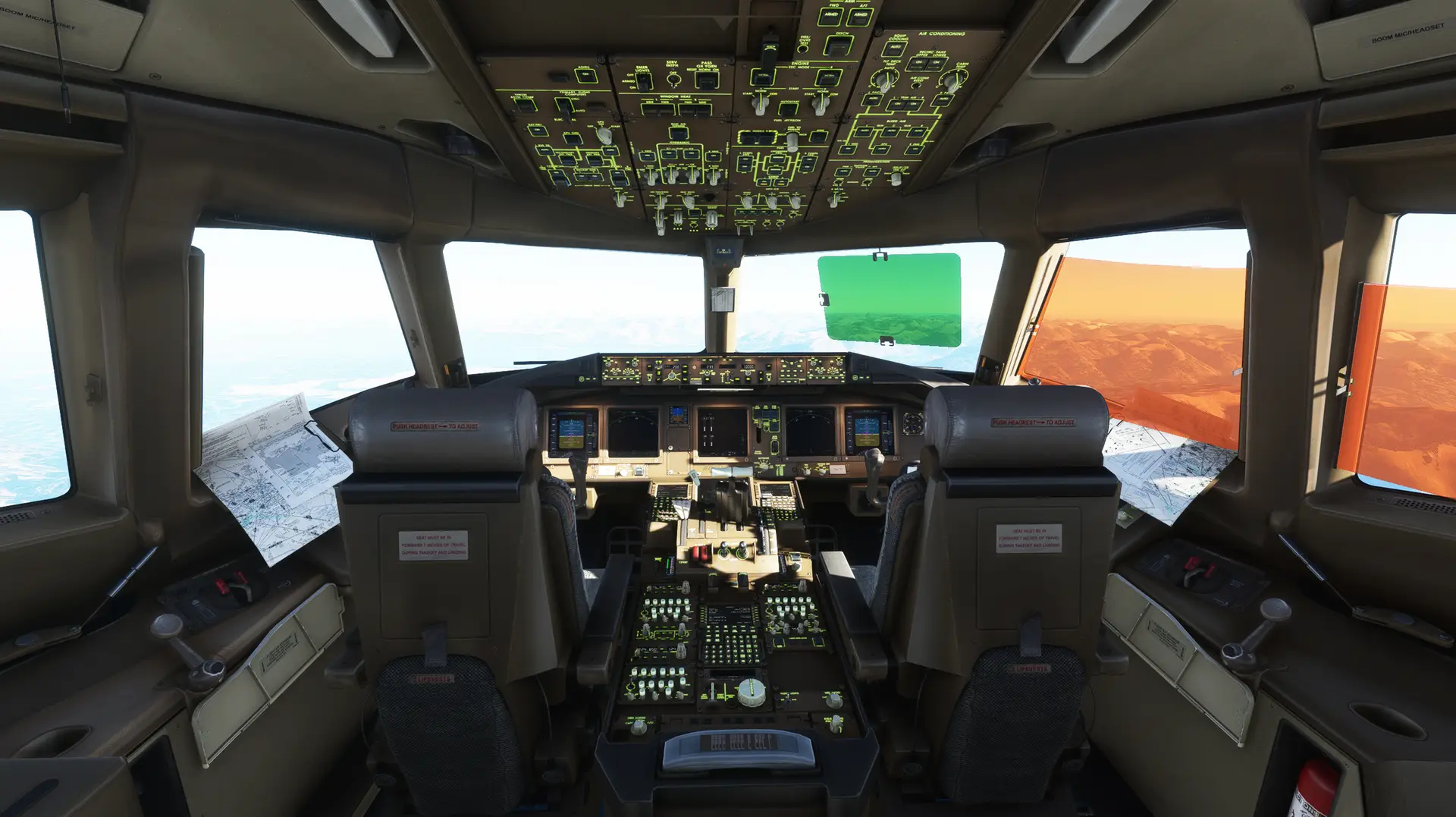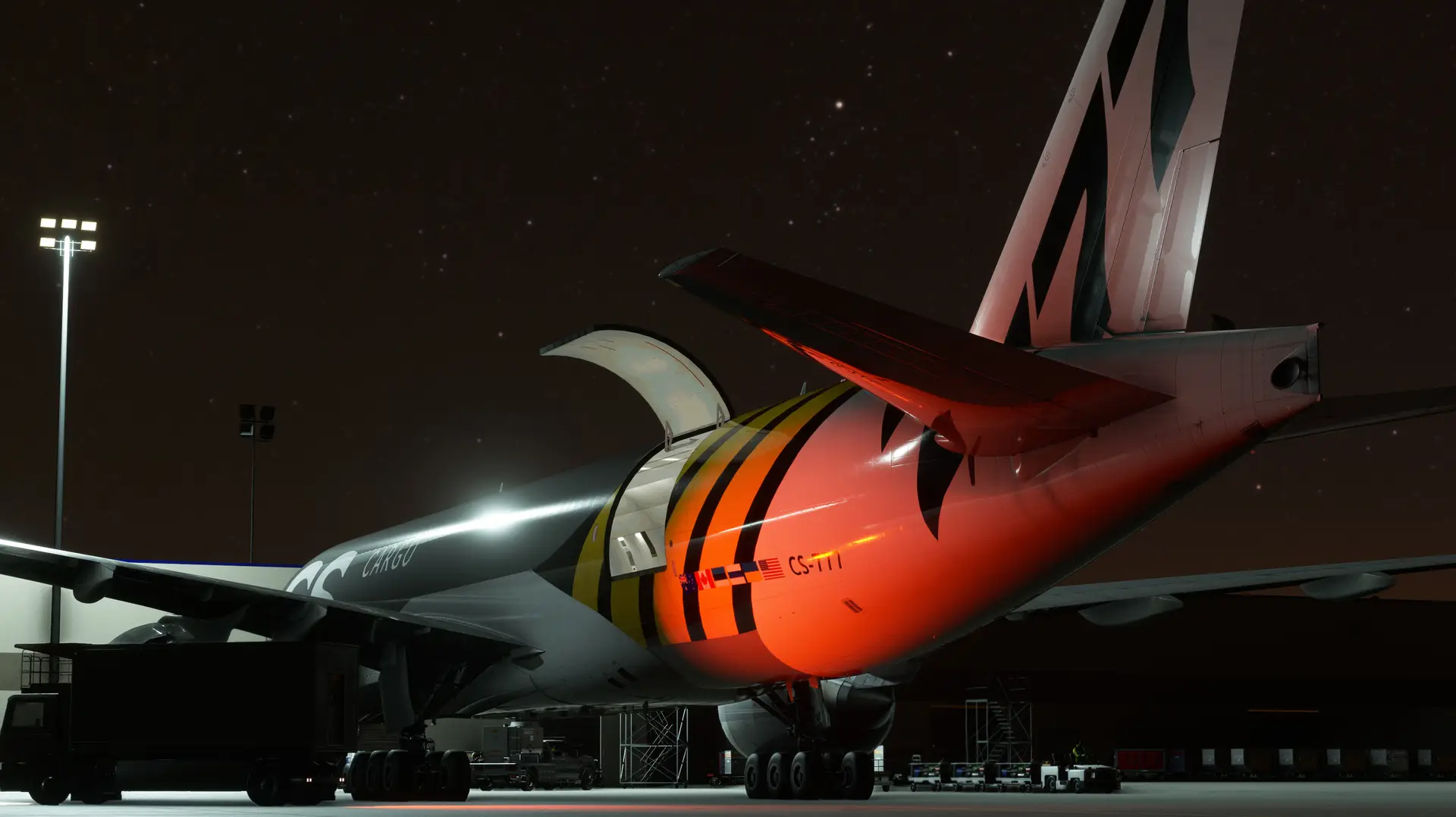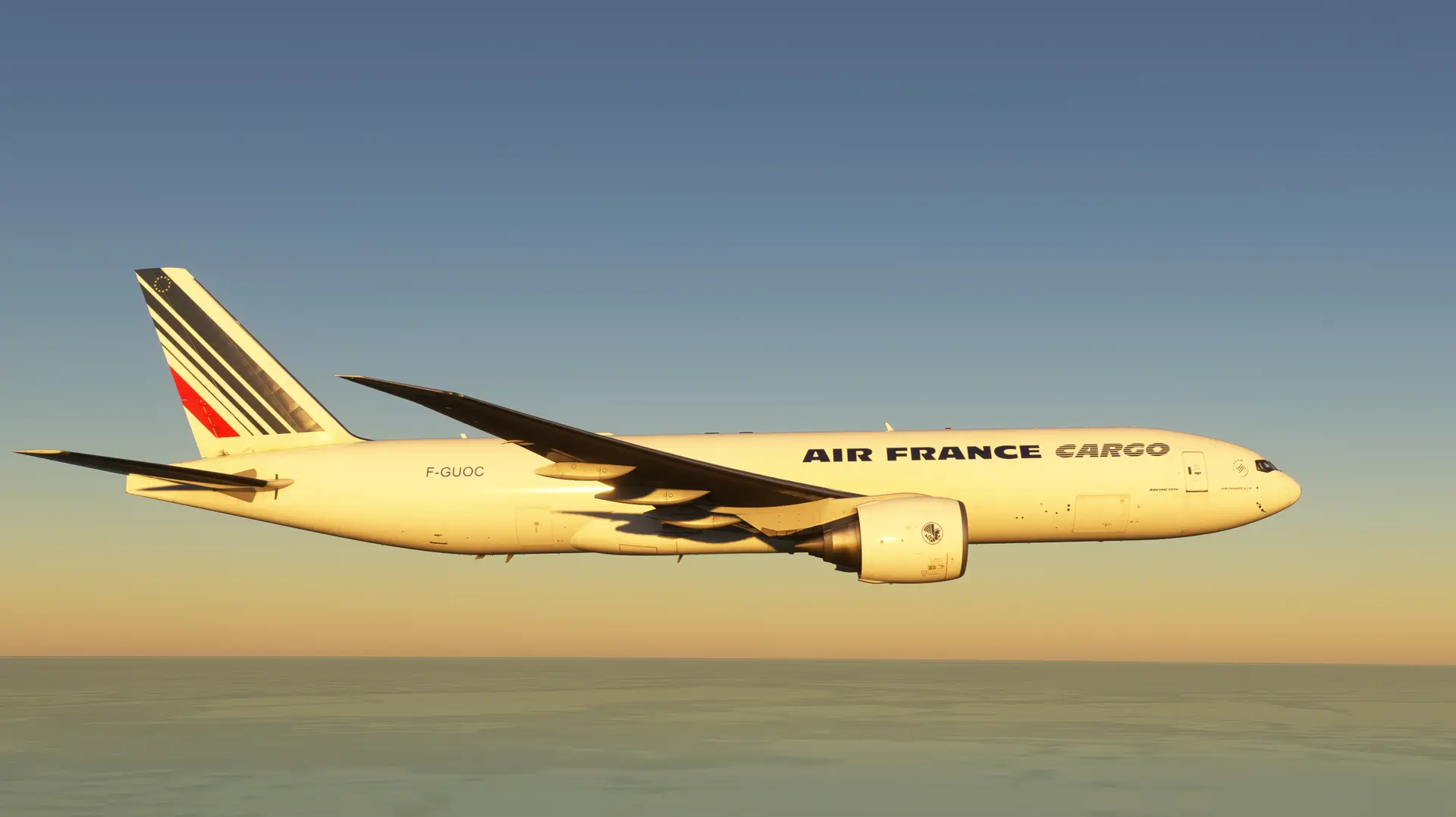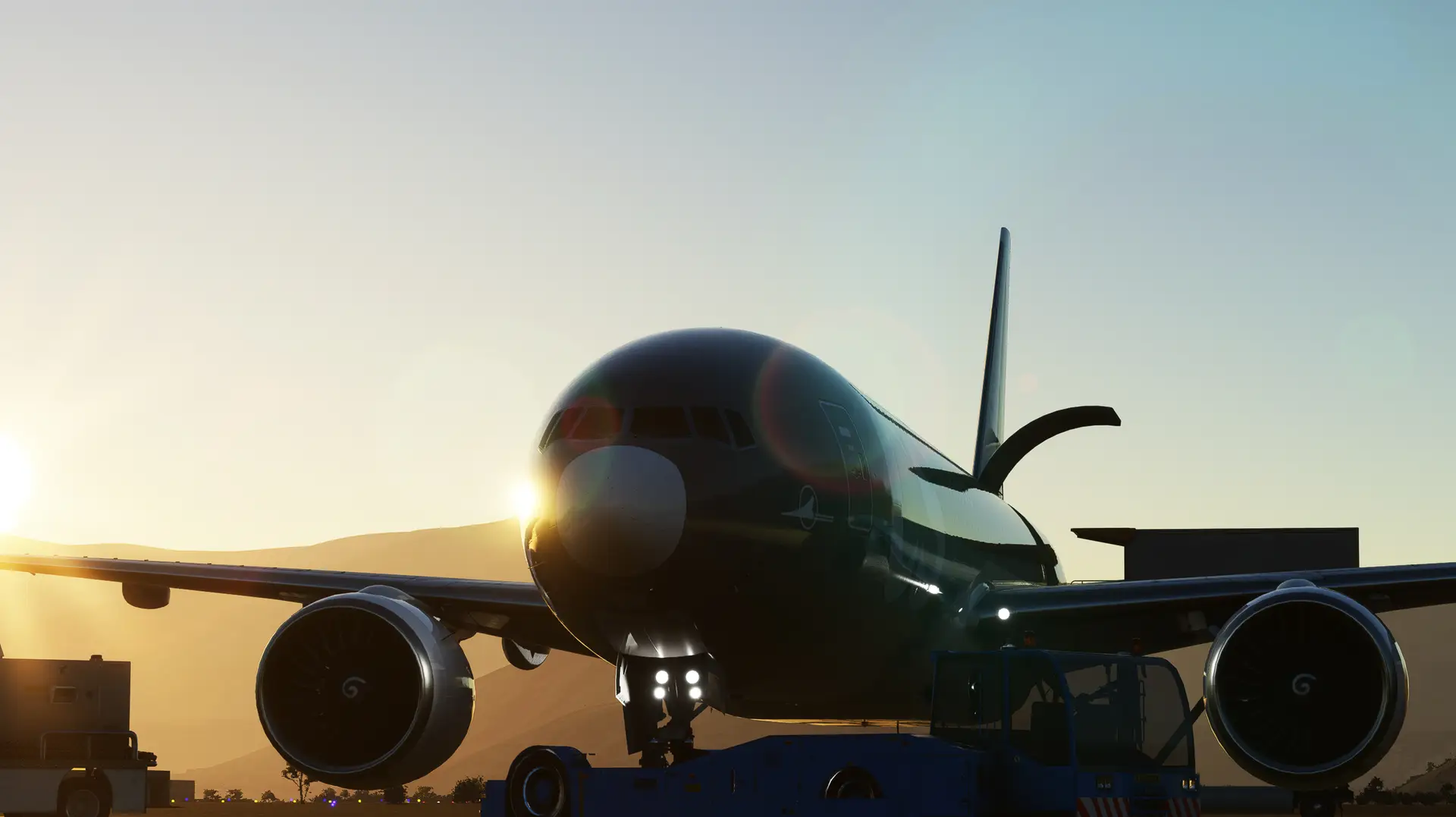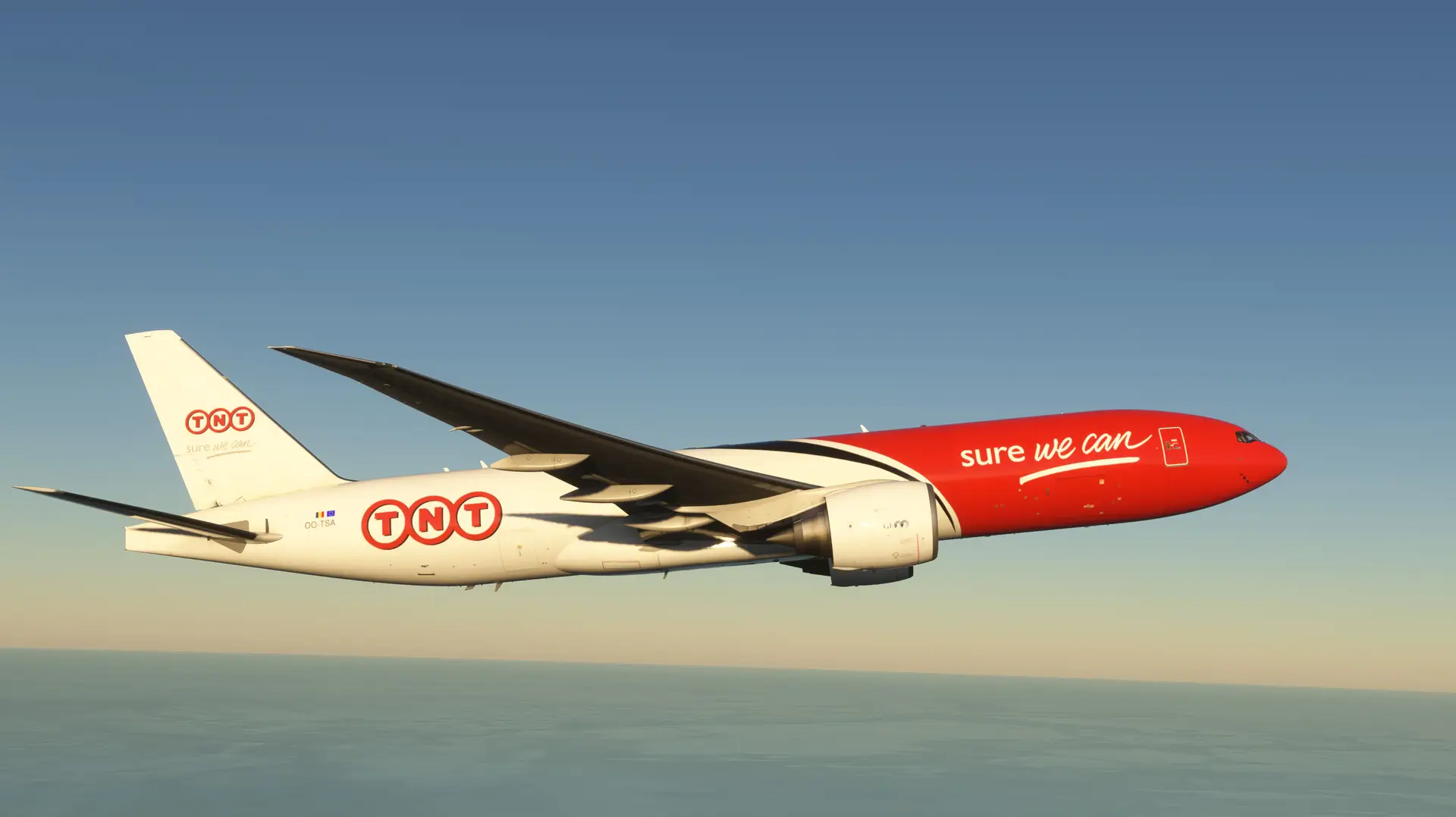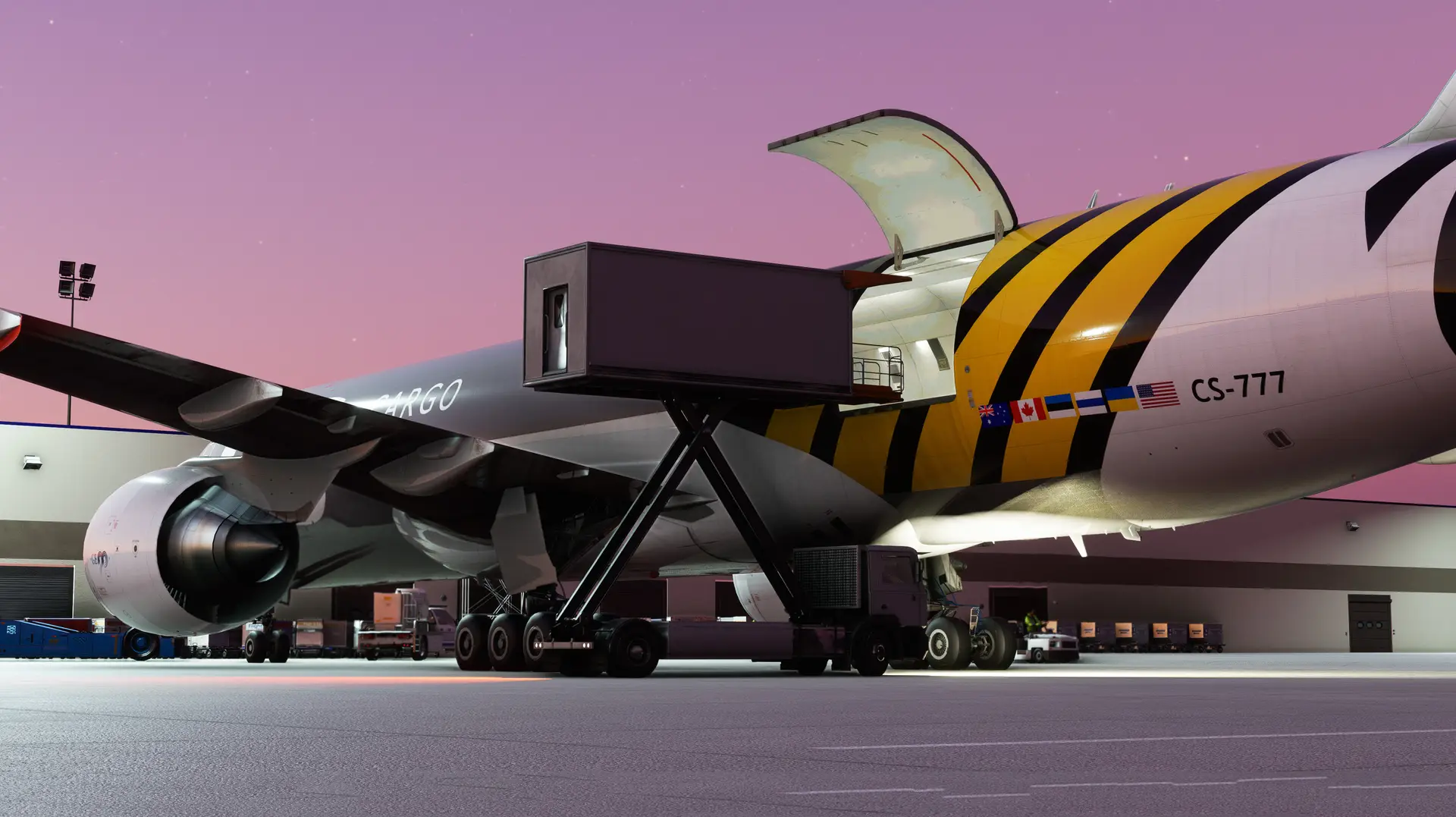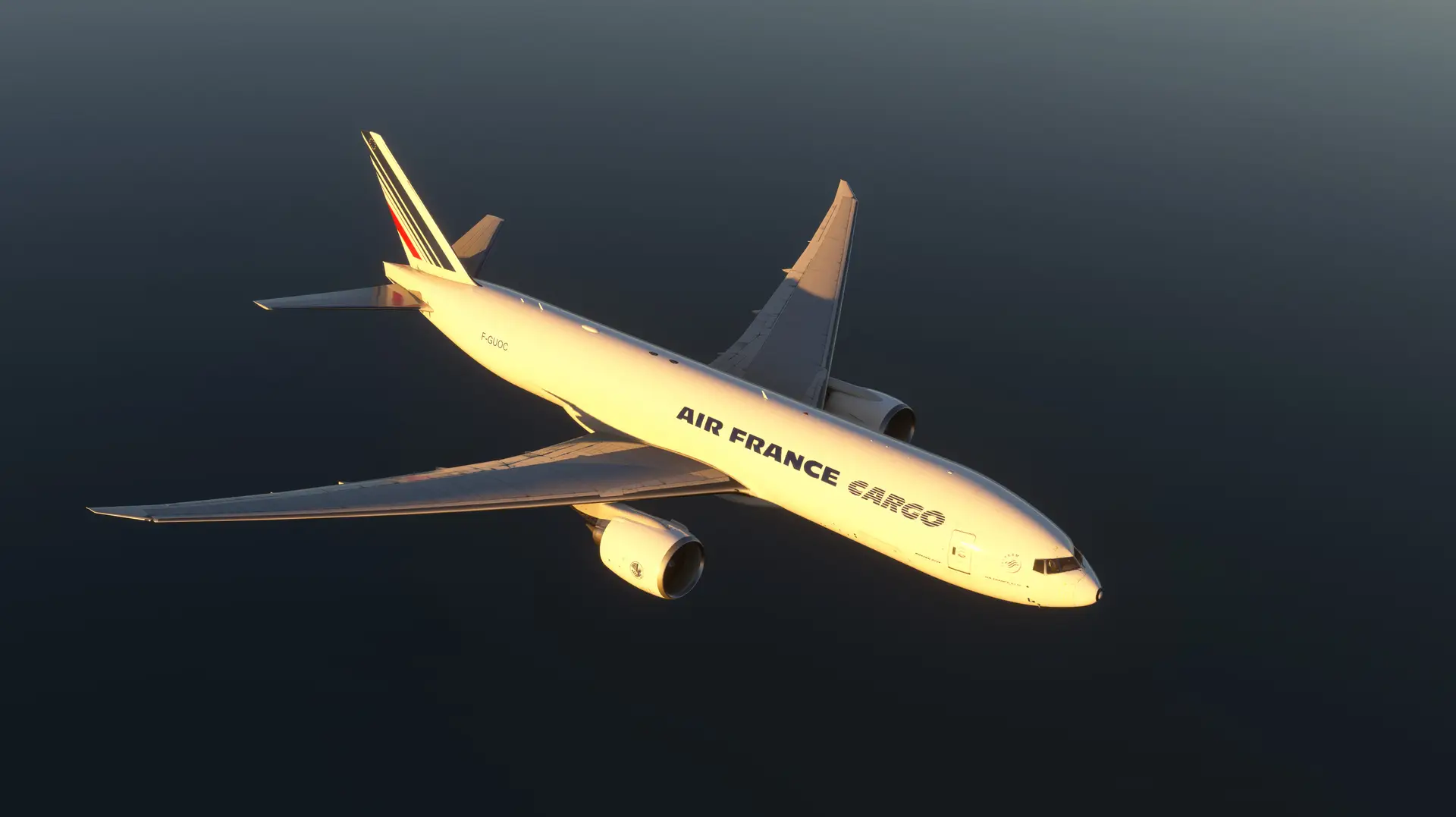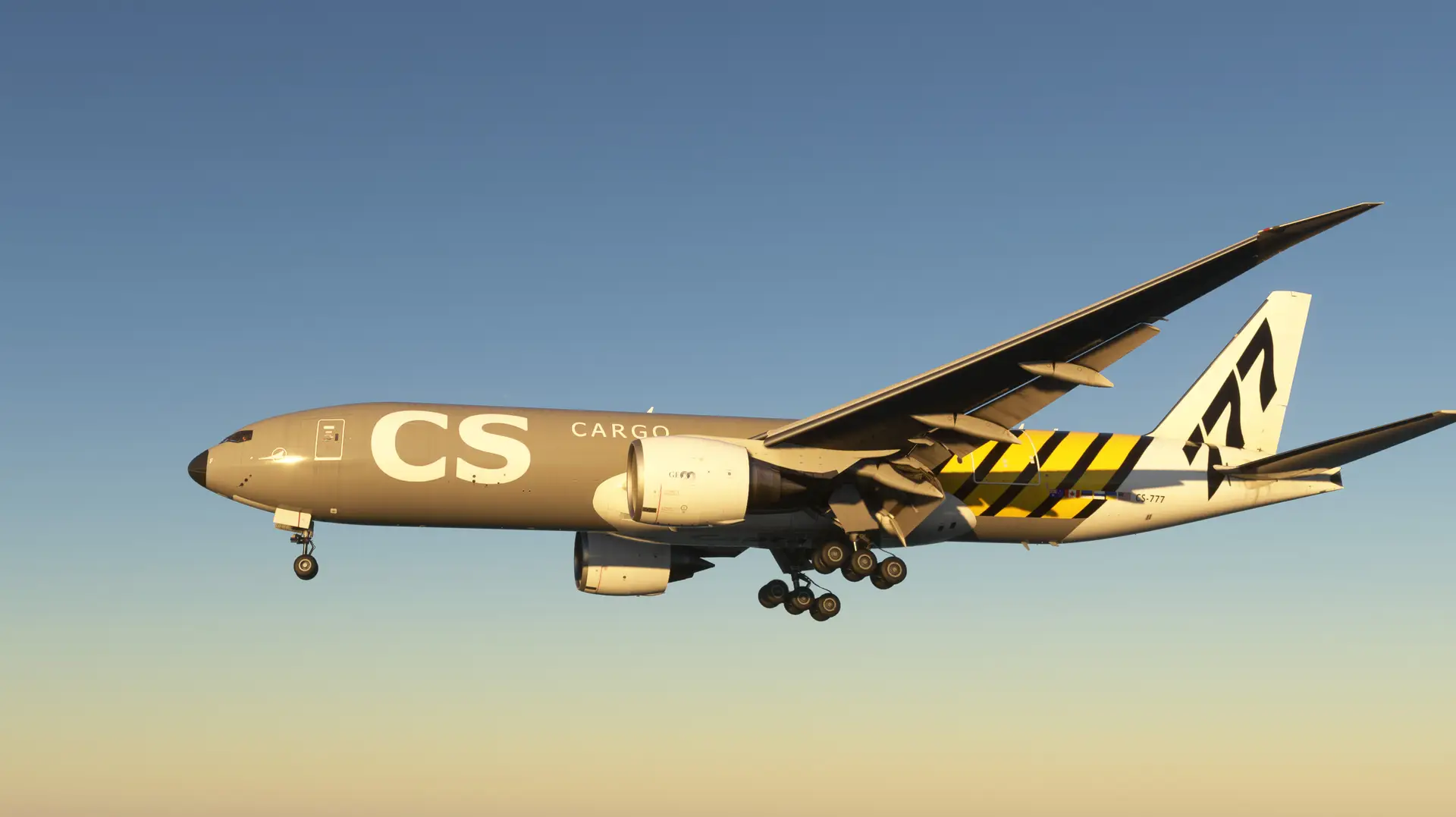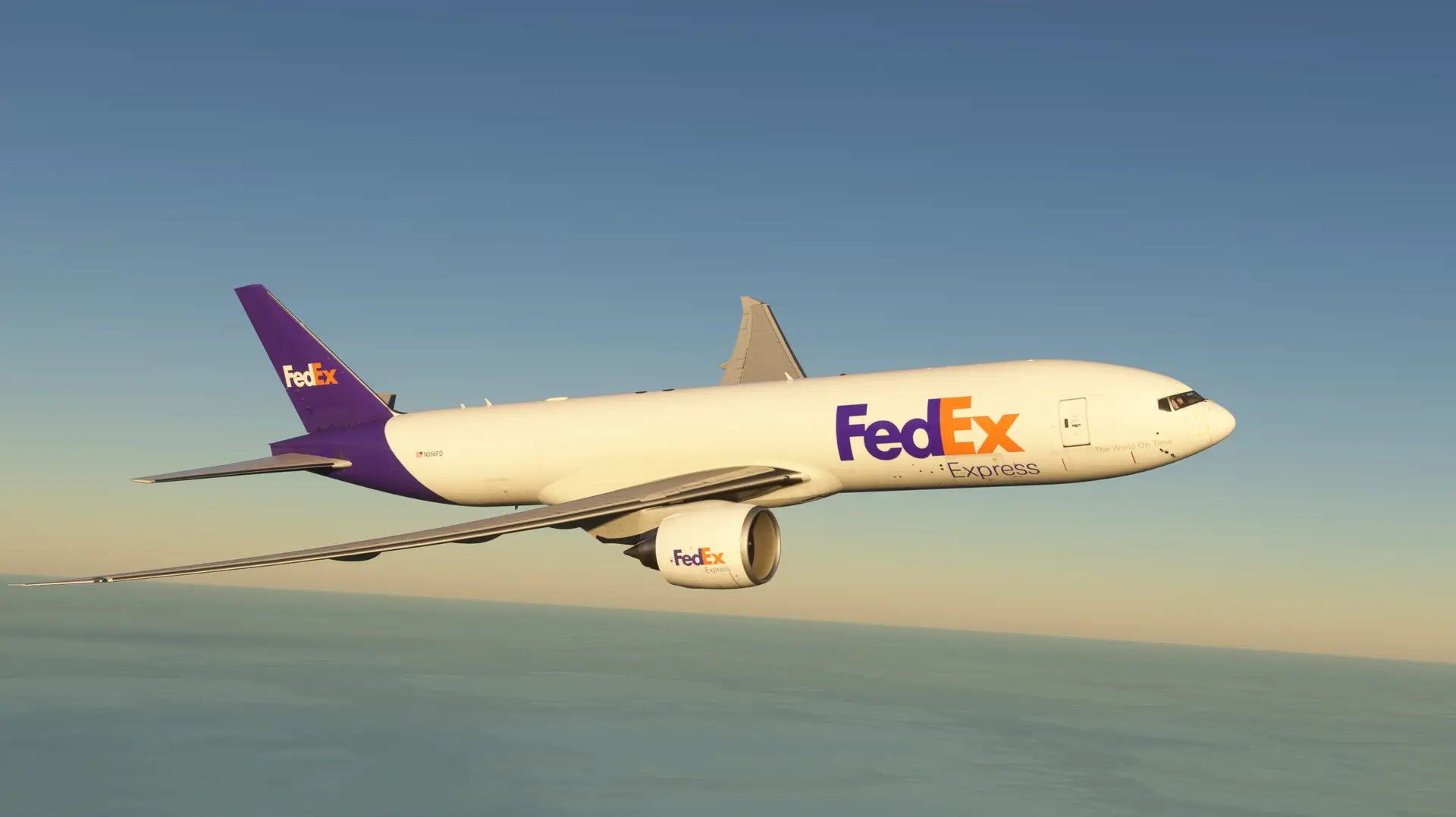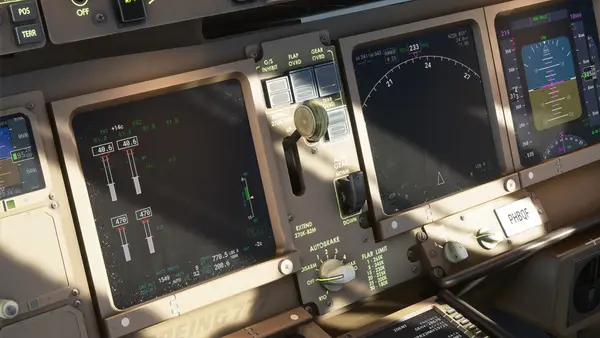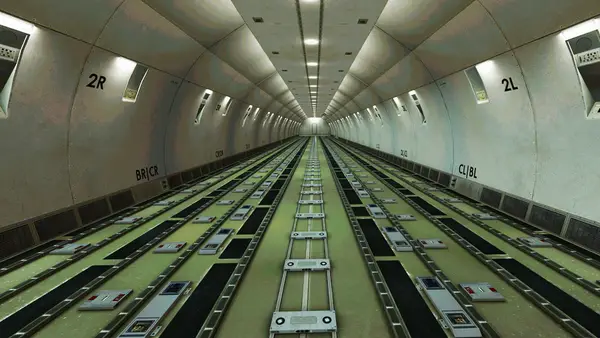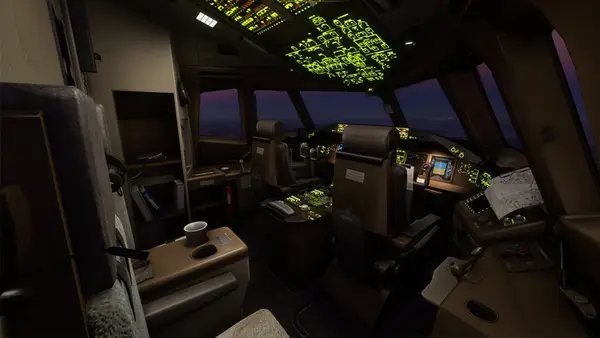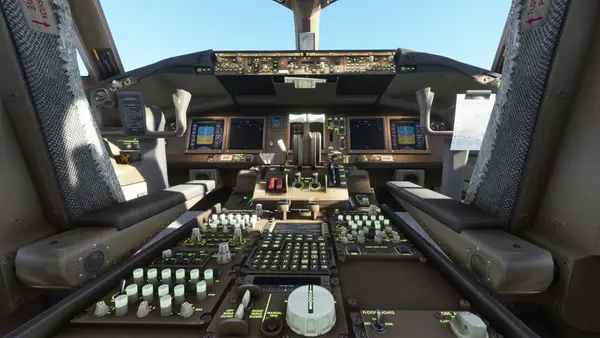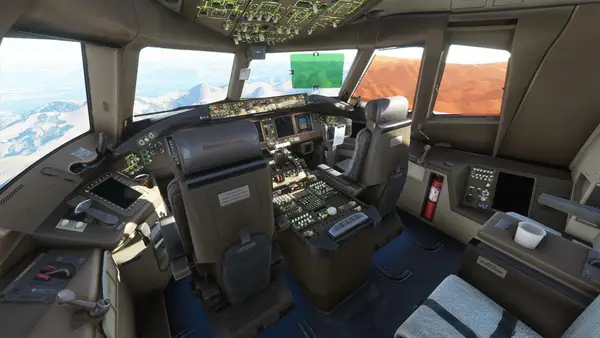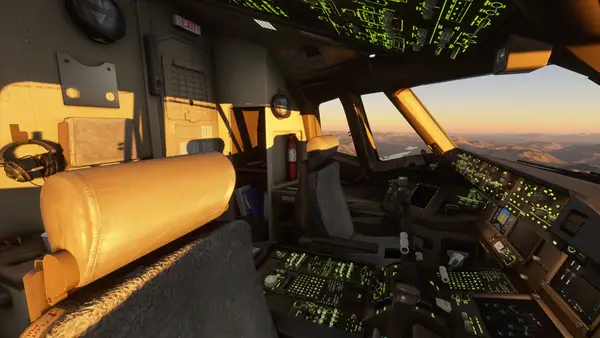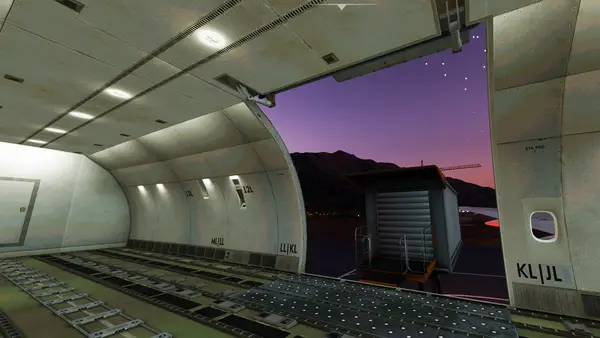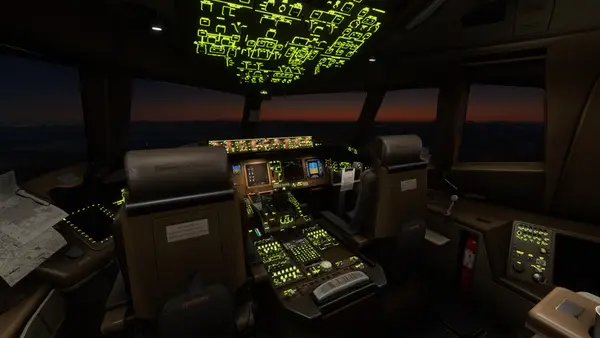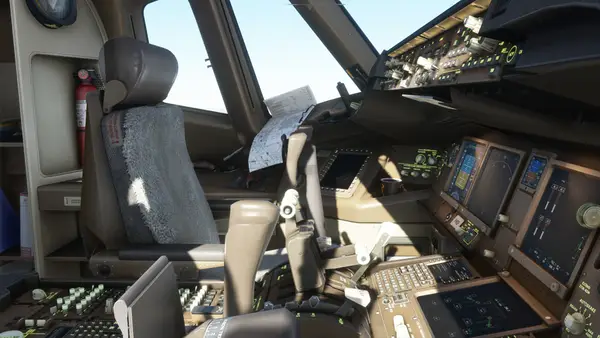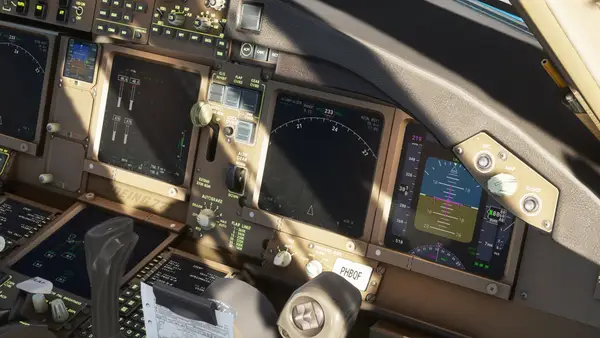- USD 19.99
- View more offers at FS Addon Compare
- Added: October 22, 2021
- Updated: May 11, 2023
The next installment of the exclusive CS collection of the 777 airframe/engine variants is a digital replica of the Boeing 777 Freighter with GE90-110B engines.
The 777 Freighter (777F) is an all-cargo version of the twinjet, and shares features with the -200LR; these include its engines, extended raked wingtips, redesigned main landing gear, and additional structural strengthening.
EXTERIOR
- Highly detailed and accurate model of the Boeing 777 Freighter
- High resolution textures
- Cabin with 3D windows, interior and animated pilots
- Realistic animations including operational main cargo door
LIVERIES
- Air France Cargo F-GUOC (2021)
- FedEx N876FD (2022)
- TNT OO-TSA (2017)
- Captain Sim House
COCKPIT AND CABIN
- Detailed and accurate model of the 777 flight deck
- Essential functionality simulated
- Some systems use default 747 (must be installed) to provide expandability with advanced systems simulation community mods
- Complete cargo cabin with wing views, including operational main cargo door
- Supernumerary area, which includes four business-class seats forward of the rigid cargo barrier, full main deck access, bunks, and a galley.
MISC FEATURES
- Supports most features of MSFS2020 (rain/icing effects, sound, flight model and more)
- Supports a growing number of livery packs with numerous variants of optional equipment.
